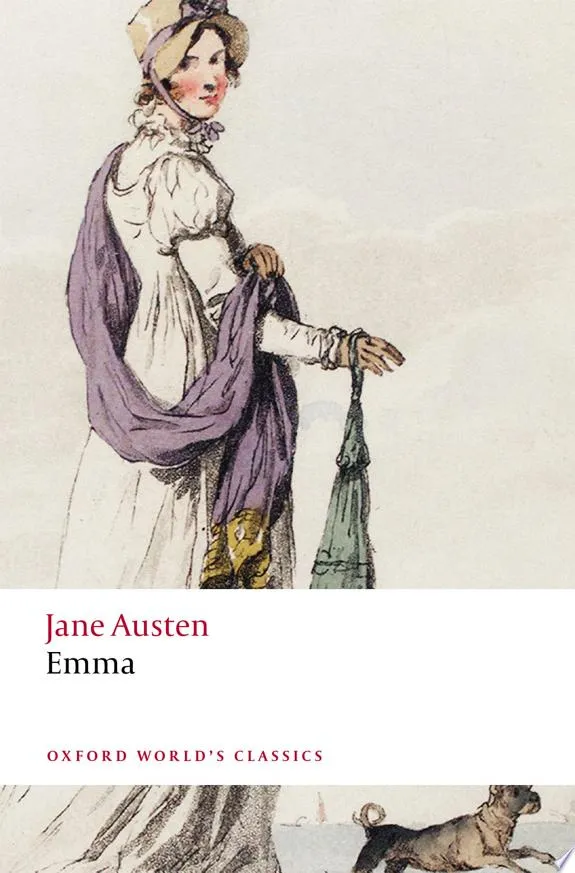'I wonder what will become of her!' So speculate the friends and neighbours of Emma Woodhouse, the lovely, lively, wilful, and fallible heroine of Jane Austen's fourth published novel. Confident that she knows best, Emma schemes to find a suitable husband for her pliant friend Harriet, only to discover that she understands the feelings of others as little as she does her own heart. As Emma puzzles and blunders her way through the mysteries of her social world, Austen evokes for her readers a cast of unforgettable characters and a detailed portrait of a small town undergoing historical transition. Written with matchless wit and irony, judged by many to be her finest novel, Emma has been adapted many times for film and television. This new edition emphasises the novel's extraordinary technical audacity. While apparently conservative in its choice of setting and range of characters, it was - and is - a formally revolutionary work.
Jane Austen
Jane Austen was an English novelist born in 1775 in Hampshire, England. She is best known for her novels which explore the lives and manners of the English gentry in the early 19th century. Austen's most notable works include "Pride and Prejudice," "Sense and Sensibility," and "Emma." Her writing style is characterized by wit, social commentary, and keen observation of human nature. Austen's works have had a lasting impact on the literary genre of the novel, particularly in the development of the comedy of manners. Her most famous work, "Pride and Prejudice," is considered a classic of English literature and continues to be widely read and studied today. Austen's contributions to literature include her insightful portrayal of characters and relationships, her exploration of the role of women in society, and her enduring appeal to readers of all ages.

